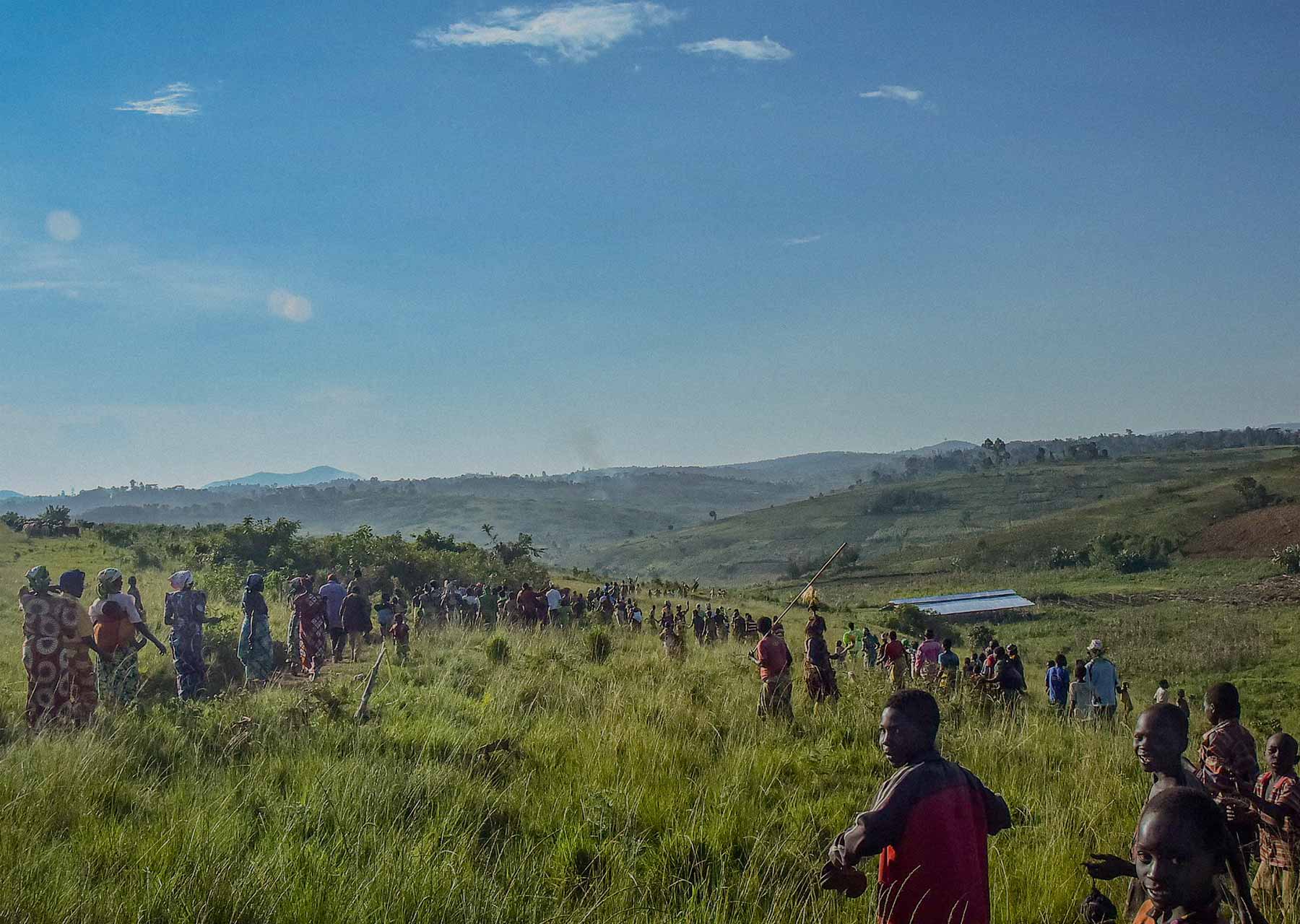

Chapter 04
A global
challenge
©UNDP DRC/Aude Rossignol
With every day that passes we see more and more resources and power concentrated in the hands of fewer and fewer people.
Inequality is causing all of us a great deal of unease. In many of our societies, it is triggering a great deal of polarization, a questioning of fundamentals - whether it is the social compact, whether it is the role of government, whether it is the role of capital. Inequality is a universal issue.
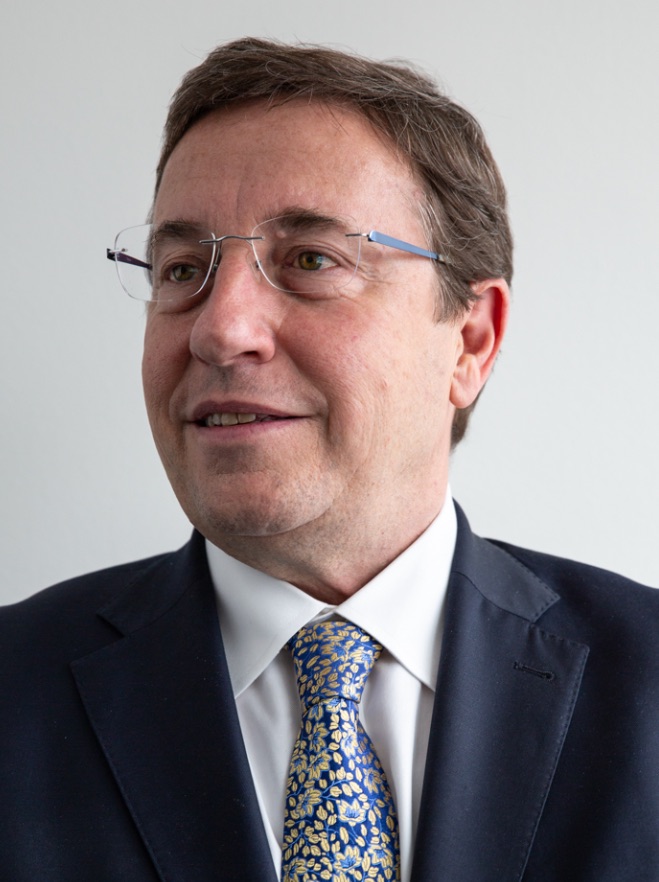
Achim
Steiner
The effects
©UNDP Bangladesh/GMB Akash
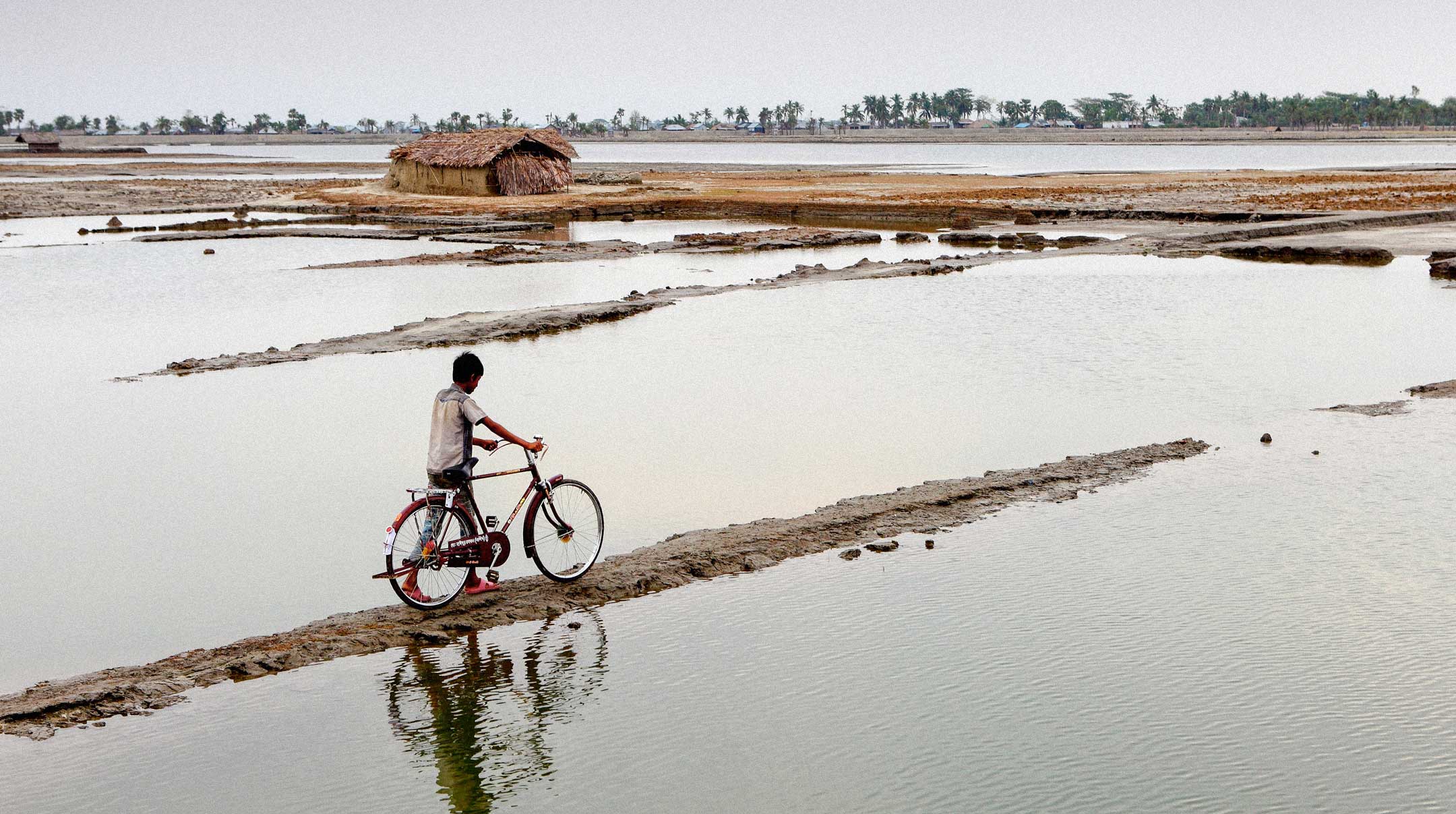
Inequality represents a huge obstacle to any kind of sustainable future. It not only hampers countries and people from reaching their full potential, it tag-teams with climate change to push the most vulnerable even further down, robbing them of their own ability to take climate action - the poorest are hardest hit by almost every climate setback, but especially land degradation, harvest losses, air pollution and lack of water.
These glaring gaps are not only unfair, they are also dangerous.
Inequality is holding us all back. It threatens our world order, our political systems, human rights, peace and security, and the sustainable future that we seek for ourselves and for our children. The 2030 Agenda recognizes that we cannot combat the huge challenges we face as a planet - such as poverty and climate change - if we do not squarely confront it.
What's Next -
Fixing inequality
around the globe
Inequality
can, and must be,
addressed.
©UNDP Lebanon
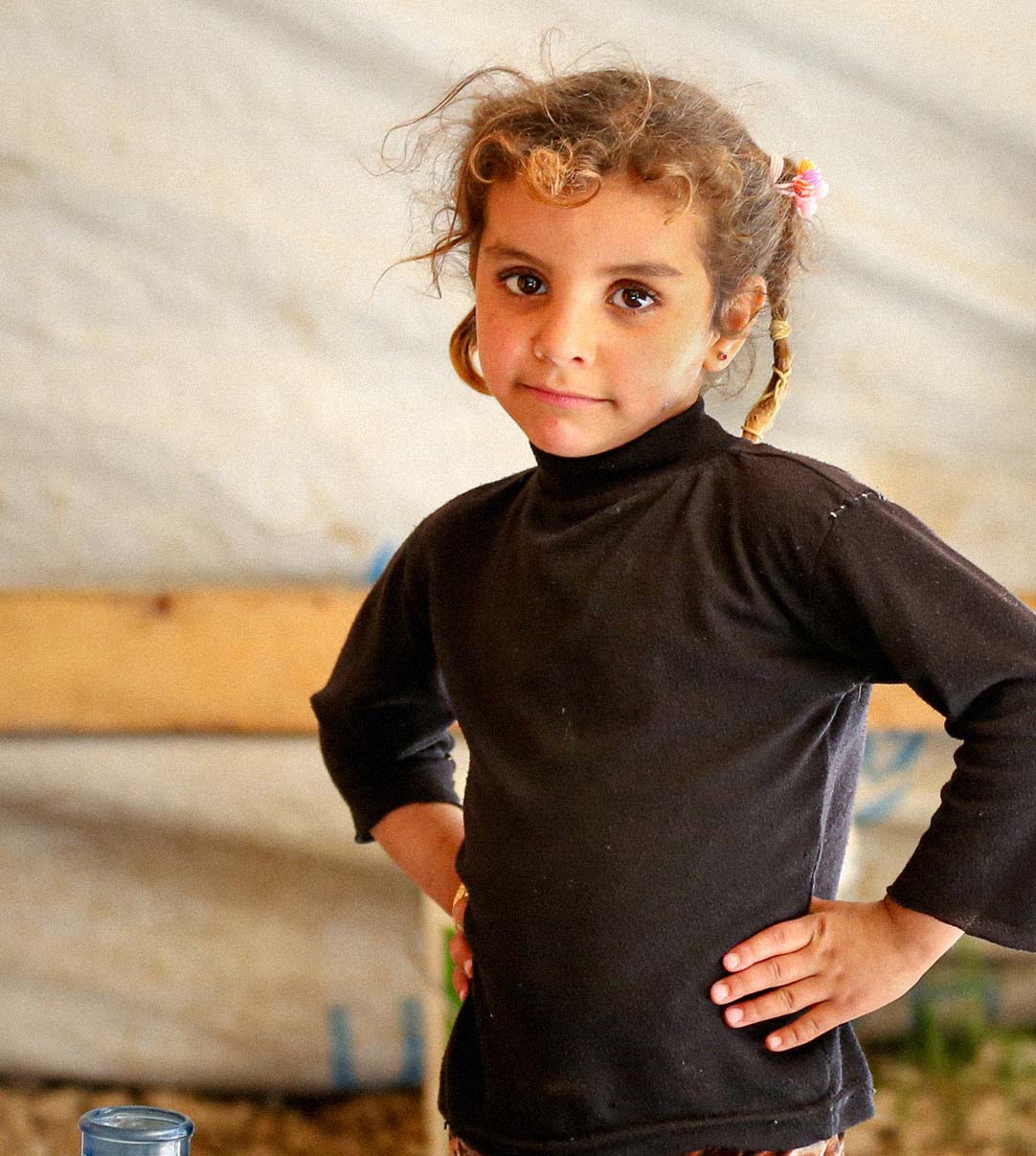
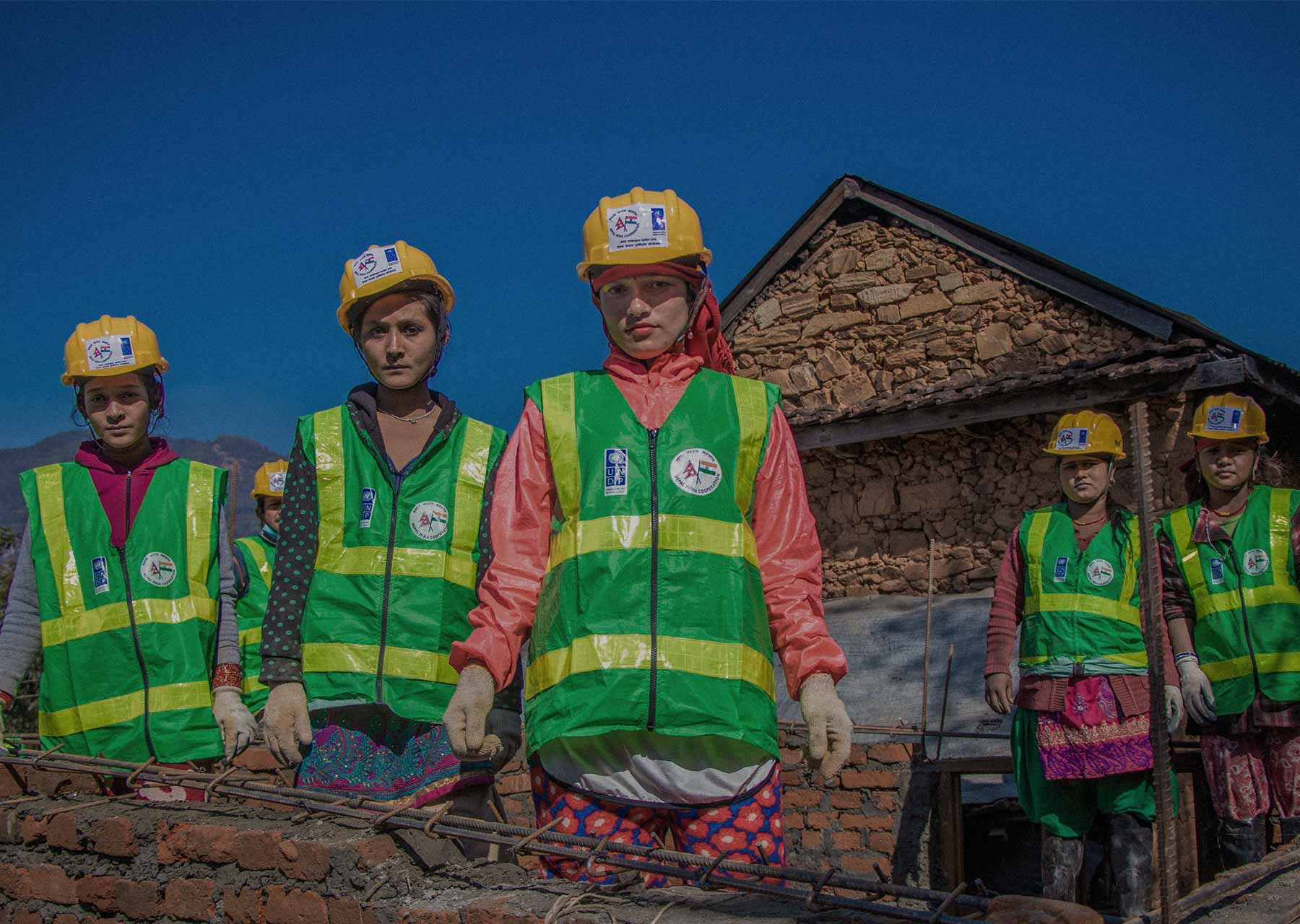

Up Next:
Our work
